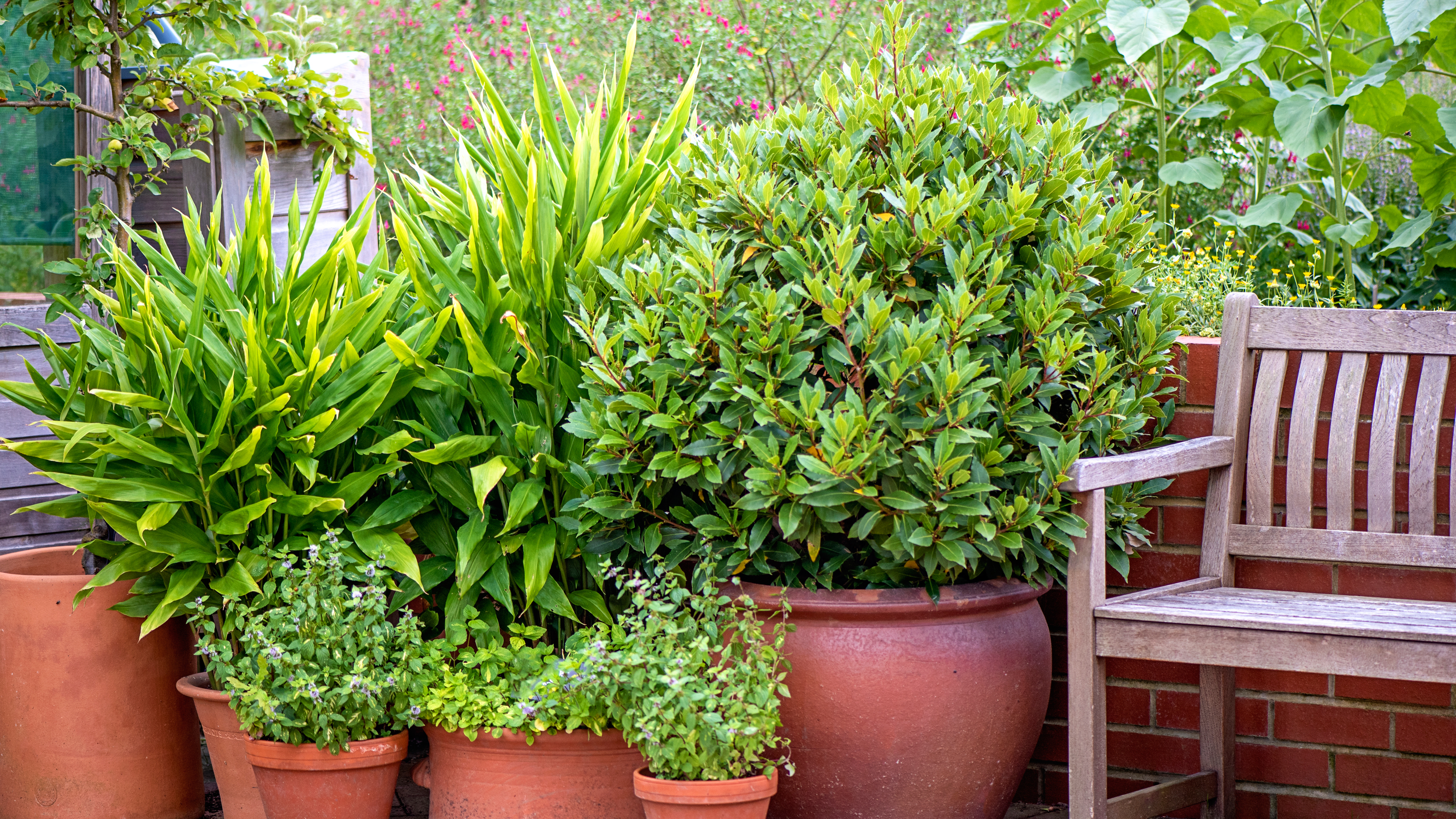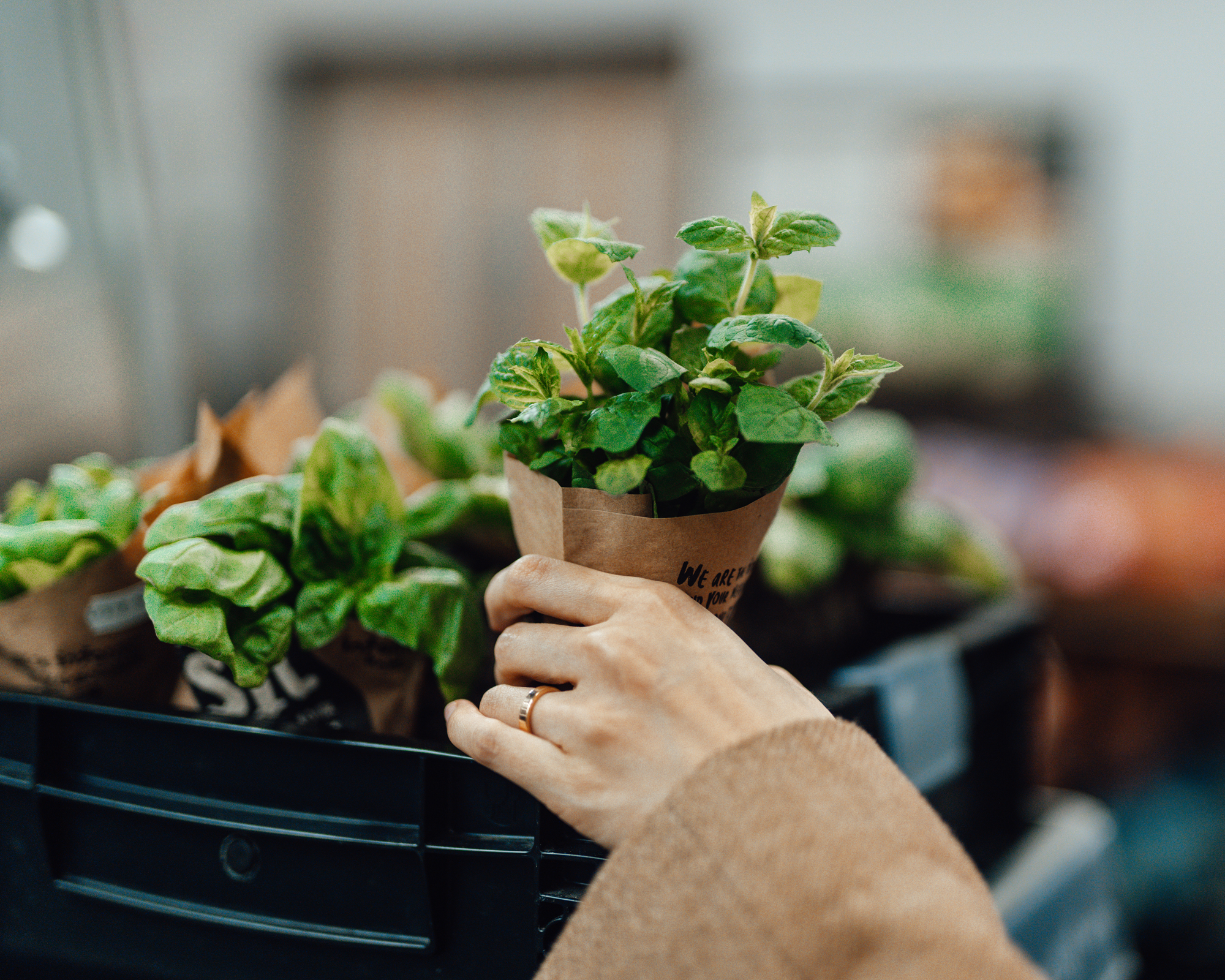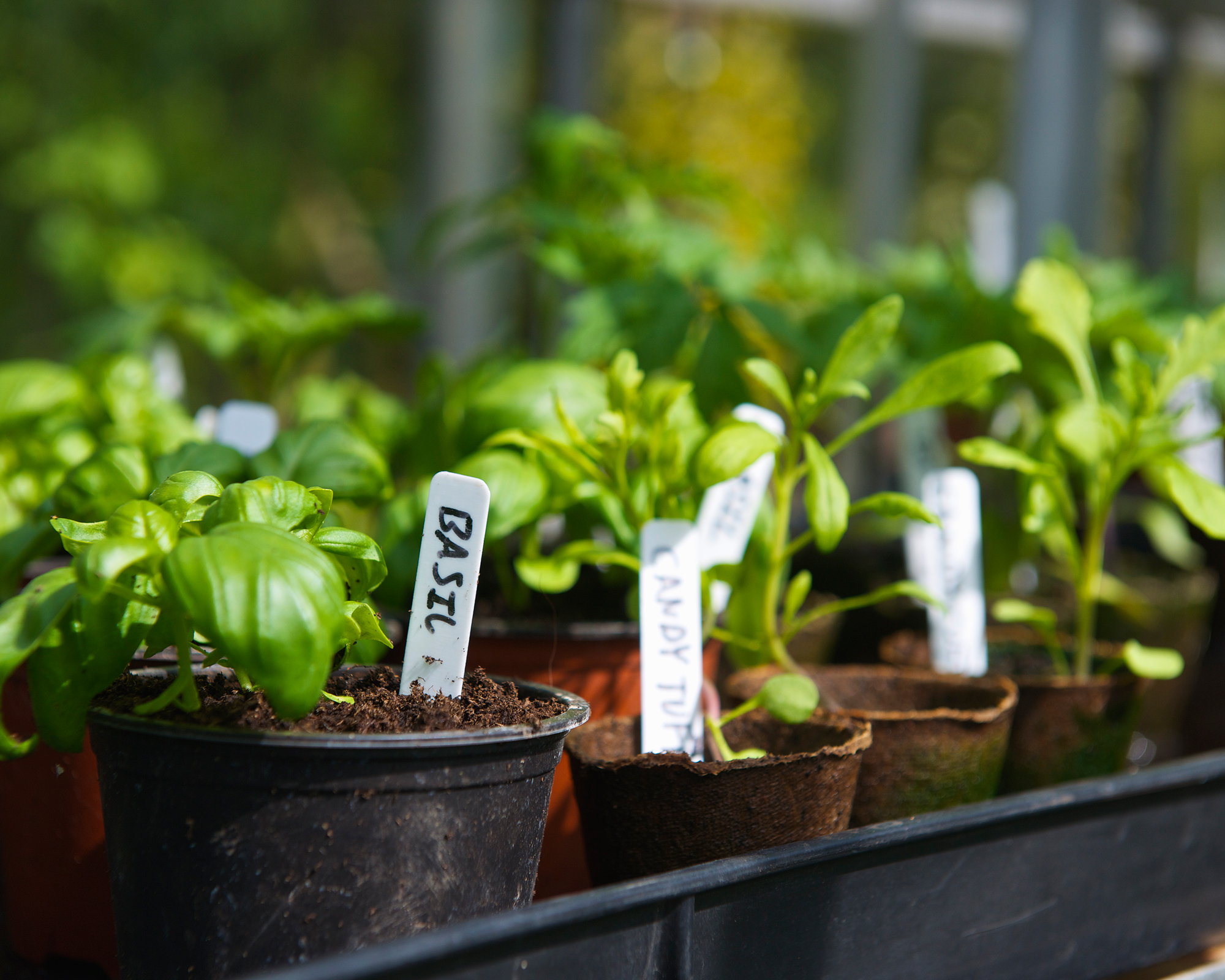Keeping supermarket herbs alive: experts reveal how to keep your store-bought plants thriving
Everything you need to know about buying herbs from the supermarket and keeping them alive

We have some good news for you, keeping supermarket herbs alive is very much possible. However, we don't blame many a frustrated window gardener thinking otherwise after another pot of basil/parsley/cilantro has died only a couple of weeks after being bought.
Dealing with supermarket herbs is a challenge when learning how to create a herb garden. Gardening experts share their views of what you can do to keep them alive – and whether they're worth your money in the first place.

Should you buy herbs from the supermarket?
Our experts agree that there's no reason you shouldn't, but prepare for a bit more trouble than buying your herbs from a dedicated nursery.
Kelly Keating, gardening expert and the founder of Gardener Basics, says that 'sadly, many plants from mainstream supermarkets are not grown well enough for them to survive for long periods of time.' Having said that, she believes they can still be worth it, but 'they need a lot more TLC' than regular herbs.
Jeremy Yamaguchi, gardener and owner of a lawn care business, agrees that 'potted herbs from the supermarket are rarely going to grow as well as starters you get from a dedicated nursery, but I think people unfairly disparage them. Most herbs can be quite hardy. With decent soil and enough water and sunlight, they'll grow.'
Gardening expert Trevor Lively, of Blue Jay Irrigation, advises to 'watch for the good-sized (not less than 6 inches) potted herbs with drainage holes in the base, those potted herbs are really worth the money.'
He cites herbs sold in plastic pots without drainage as the real reason so many of them die almost immediately from root rot.

Keeping supermarket herbs alive: top tips
The only way you will keep supermarket-bought herbs alive is by transplanting them either into garden beds or into better garden planters. You probably won't be able to do this immediately.
Jeremy points out, 'supermarkets do have a bad habit of drowning their plants and also not pruning them well enough. When you get it home, check the soil. If it's very moist, hold off on watering until the topsoil dries out. Cut back any discolored growth so that the plant isn't fighting for nutrients. And be ready to transfer it once it grows over 3-4 inches.'
Trevor adds that the correct aspect is very important for herbs if you'll be putting them in a window. 'Always place the potted herbs towards the southern-facing window which would enable them to flourish,' he recommends.
If potting on, choose the correct material: 'Heavy stone containers for tender herbs, clay pots for the moist-loving herbs and avoid plastic pots if you are focused on the lifespan.'
Finally, don't forget the quality of your soil mix. If herbs are part of your container gardening ideas, remember that 'potting soil is less rich, so it requires more frequent fertilizing to make up for reduced fertility levels,' according to Kelly.
Adding compost of leaf mold is essential, and watering plants properly is essential to keep your herbs alive longer.
Anna writes about interior design and gardening. Her work has appeared in Homes & Gardens, Livingetc, and many other publications. She is an experienced outdoor and indoor gardener and has a passion for growing roses and Japanese maples in her outside space.
